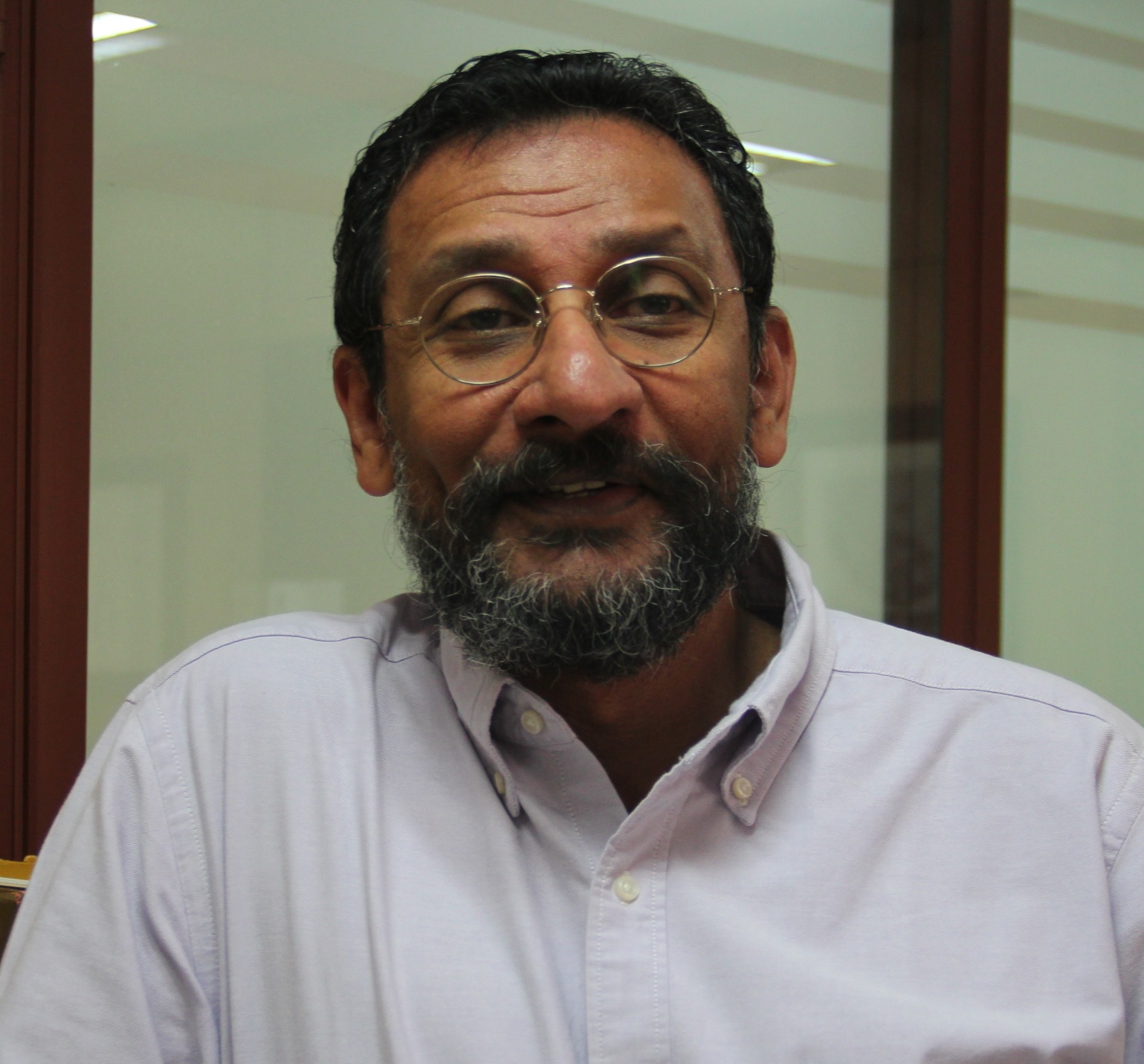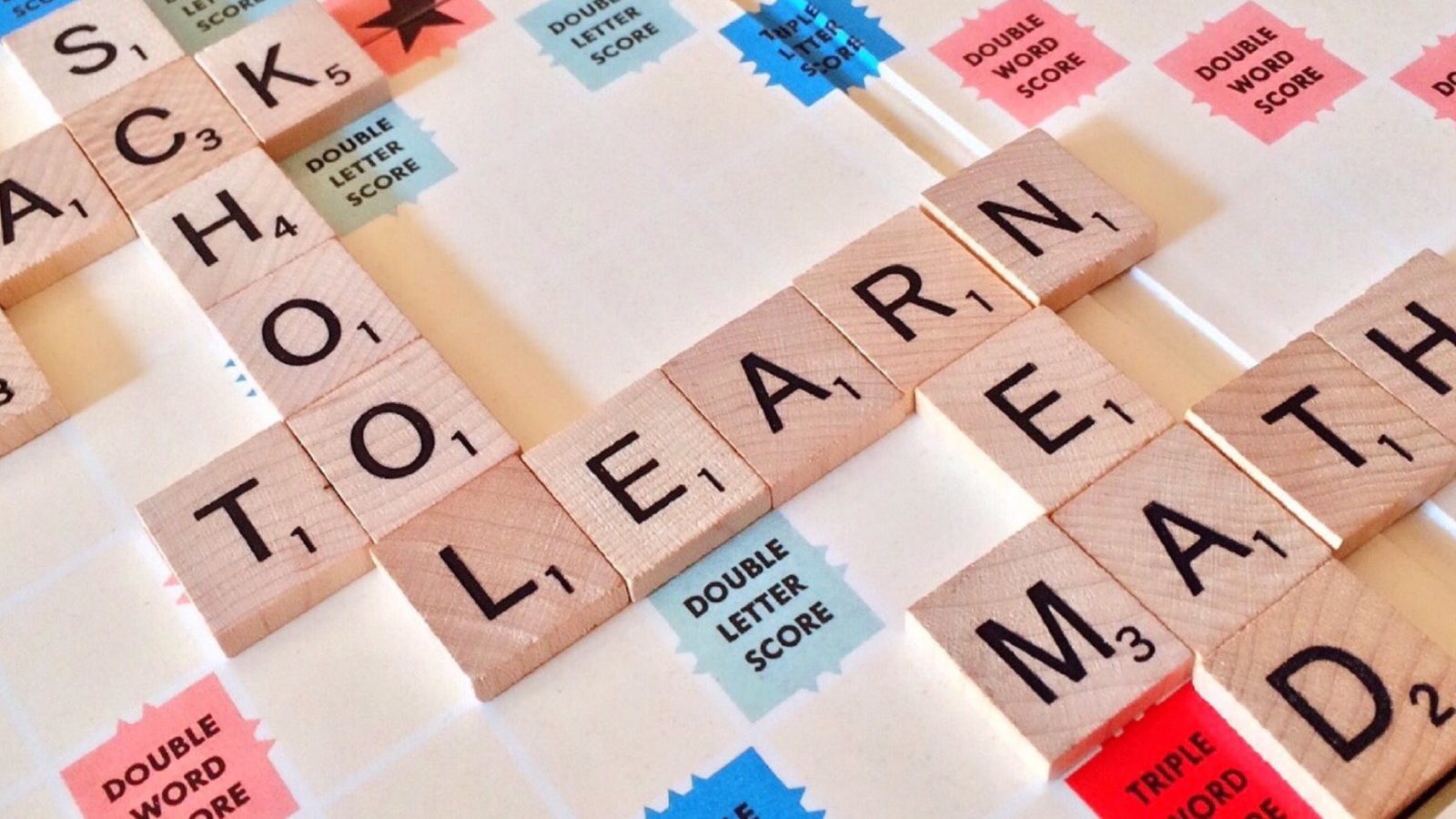There is a need to rethink the purpose of our education system. We must move away from an education system that focuses only on ensuring that we are employable and active agents for economic prosperity to one that focuses on providing “human flourishing”.
So, what is human flourishing? Aristotle argued that each individual’s flourishing can be achieved through reason and the acquisition of virtue. More contemporary studies have identified human flourishing closely with human well-being and/or happiness.
While many definitions abound, nearly all of them share the common principles of self-actualisation and building capabilities, with focus on an individual’s ability to lead a life he/she has reason to value.
Of these definitions of human flourishing, the one that I particularly adhere to comes from the National League for Nursing: “Human flourishing is an effort to achieve self-actualisation and fulfilment within the context of a larger community of individuals, each with the right to pursue his or her own such efforts. It encompasses the uniqueness, dignity, diversity, freedom, happiness, and holistic well-being of the individual within the larger family, community, and population. Achieving human flourishing is a life-long existential journey of hopes, achievements, regrets, losses, illness, suffering, and coping.”
An important point to keep in mind here is the role of the community in defining one’s flourishing.
Human flourishing, as defined above, can be conceived of as a utopian state that we as individuals strive to attain in our lives.
Is it a state that we can actually achieve? Most probably not! But it is the pursuit of flourishing that is the key term here; and to pursue this end state, we need some fundamental competencies and skills especially if our flourishing is dependent on our interactions with others in society.
Where better to learn these competencies and skills than in schools. Our present education system does a pretty good job of building the intellectual intelligence of individuals. The good news is that this is imperative to human flourishing as it enhances our capabilities to achieve many of the material values important for a life that we have reason to value. This includes the traditional competencies in literacy and numeracy.
The bad news is that this education system bundles all learners in a homogenous group and aims to benefit them through a production-line dissemination of knowledge.
It is, however, a known fact now that neurobiological differences result in a different learning pace and assimilation for each individual.
The Dyslexia Center of Utah estimates that approximately one in five students has some form of Dyslexia. This number does not take into account students who have dysgraphia, dyscalculia and dyspraxia.
Ignoring these differences plus many other socio-economic differences might be one of the reasons for the rising inequality we see among students in classrooms throughout the world.
We definitely need to rethink the educational systems we deploy to build the intellectual intelligence of our students.
Now for some really bad news. The education system does a deplorable job of building students’ emotional intelligence. The notion of emotional intelligence is a relatively new, and sometimes contentious, subject in the arena of education. Many argue that this is the domain of homes and families and should remain there. Others argue that much of this is already implemented through curriculums related to moral education, peace education, and even education for sustainable development, among others.
However, a survey conducted by the UNESCO MGIEP found that interventions through the different curriculums mentioned above had little or no impact on the attitudes, values and beliefs of the respondents. This surely indicates that when it comes to emotional intelligence, pedagogy is limited as well as limiting!
Indeed, the results of the survey should come as no surprise! Let me explain. The approach we deploy in our attempts to build emotional intelligence continues to be centred around intellectual intelligence. We teach children the concepts of peace, non-violence, tolerance and virtue. However, teaching concepts does not automatically translate into behavioural change.
“You can teach people all about being empathetic and compassionate but you will have to get out and practise it if it is to be ingrained.”
Daniel Goleman in Emotional Intelligence
In a later book, that he co-authored with neuroscientist Richard J Davidson, called Altered Traits, he emphasises that these emotions are not merely transitory but can become a vital part of the self by training the mind through the process of neuroplasticity, which refers to the ability of the brain to change or re-organise itself by building new neural connections throughout life.
At UNESCO MGIEP, we have named this process of continuously building empathy and emotional understanding as ‘Firing Gandhi Neurons’.
The introduction of such curriculum—termed Social Emotional Learning (SEL) in scholarly literature—in our education systems is a necessary condition if we are to develop students’ emotional intelligence to the same degree as we do intellectual intelligence.
The good news here is that several schools have already adopted SEL curricula. However, there has been a proliferation of many SEL frameworks and the scientific credibility of some of these programmes is questionable. A scientific and evidence-based assessment of these frameworks will provide some answers to these questions and vitally establish baselines to measure improvements in performances over time. More on that soon!


